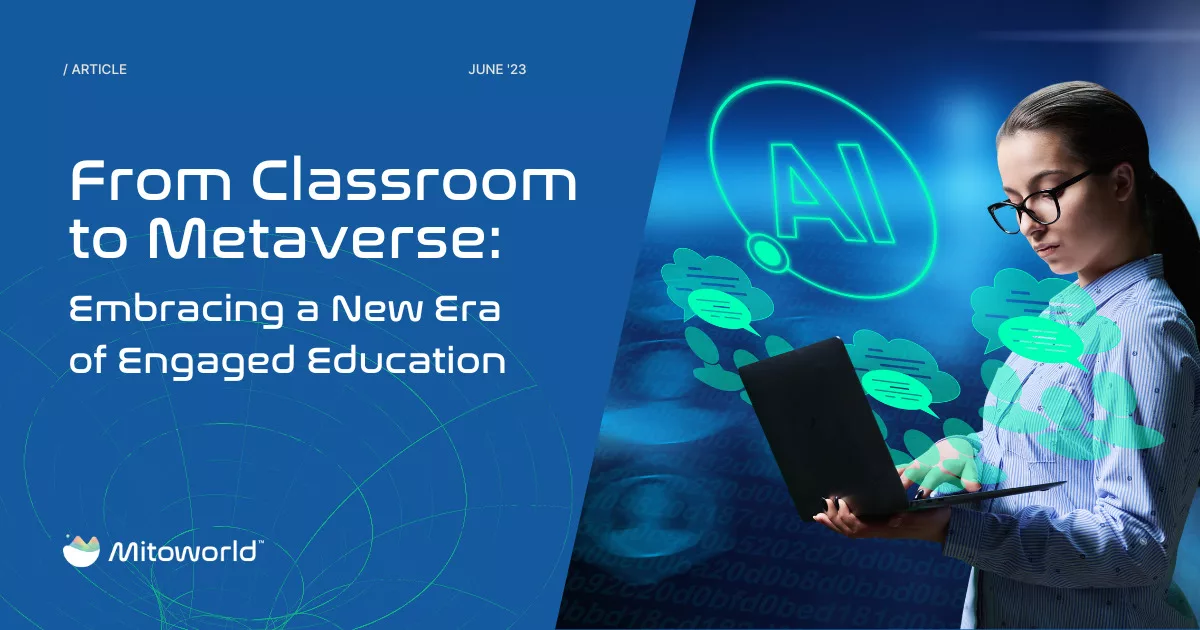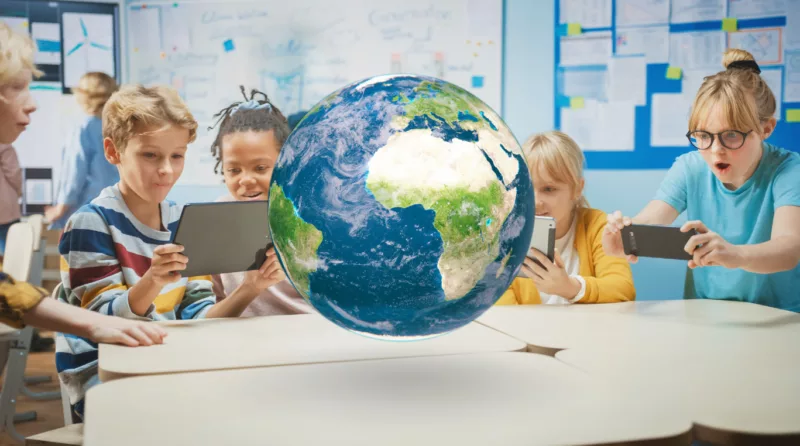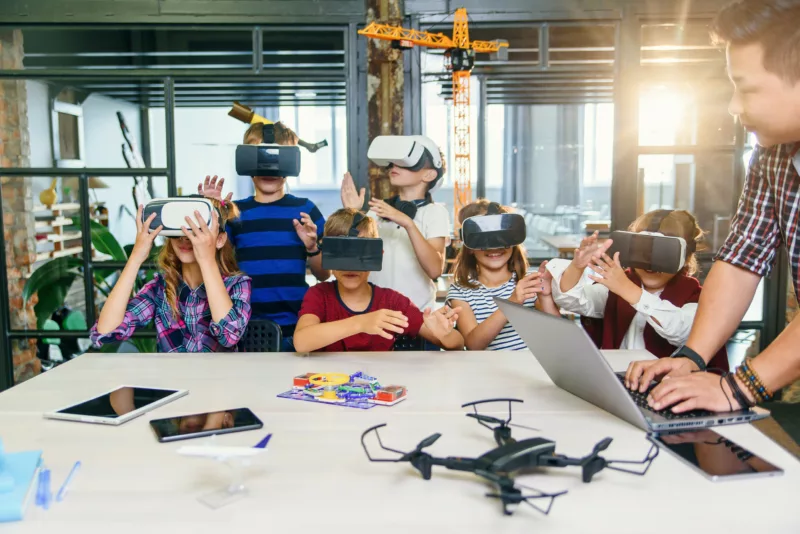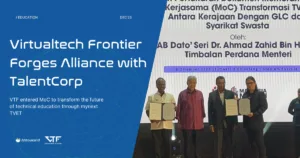Digital leaps are made everyday with new immersive worlds and tools being discovered. This brings us one step closer to making the metaverse omnipresent like TikTok, Instagram and Facebook hence the way we educate children and prepare teachers has to change in order to meet these new opportunities. When education falls behind technology advancements, it is the technology itself that determines what is considered an educational opportunity rather than educators. As the metaverse has yet to reach maturity, this is the chance for educators and researchers to lead the way rather than getting caught in the undertow.
A Vision

Education can only be successfully delivered if it engages the learner. It is a proven fact that engagement will lead to better retention of information. This is where technology can come in and assist in connecting and engaging learners better with the learning material. Youths today are well acquainted with smart gadgets hence as educators and older generations, it is crucial for us to catch up with the technological fluency of today’s younger generations. The metaverse provides a unique opportunity to engage learners by leveraging their familiarity with technology. By embracing the metaverse, we can create immersive educational experiences that transform learning experiences into a dynamic and engaging journey, where learners actively participate and explore different subjects.
Building the Vision
The metaverse is a virtual space that combines elements of the physical and digital worlds, where users can interact with each other and digital objects in real-time. The virtual space experience is often paired with metaverse technology to further enhanced it. Metaverse technology refers to a collection of virtual reality (VR), augmented reality (AR), and other immersive technologies that enable users to interact with each other in digital environments. The ultimate goal of metaverse technology is to create a seamless and immersive experience that merges physical and digital reality, providing users with new ways to connect, collaborate and explore.
By creating virtual environments that simulate the real world, metaverse technology enables interactive and engaging learning experiences where students can interact with their peers and instructors from different parts of the world.
So, what benefits would educators gain from incorporating metaverse technology into their teaching syllabus?
Enhanced Engagement & Retention
Unlike traditional classroom environments, the metaverse provides students with opportunities to discover, cooperate, and interact with educational content in a captivating manner. For example, using augmented reality to learn geography. GeoGeekAR is a software application that uses AR technology to help users experience the spatial relationships and distances of our world’s countries and cultures. When using the app, simply just point your device camera into an empty space and an interactive 3D model of Earth will appear on the screen where users can start their learning journey by tapping on country they want to explore.
This allows educators to keep the subject interesting and fun as it would foster a sense of curiosity and excitement in students, transforming the learning process into an enjoyable experience. With a good experience, it would naturally lead to an enhanced retention of memory within students, making it a fulfilling session.
Flexibility & Scalability
The metaverse allows educators to design and deliver learning experiences that are flexible in terms of time, location, and pace. Students can access educational content and participate in virtual classrooms from anywhere, at any time, as long as they have internet connectivity. This in turn makes the class much more scalable as a large number of students can access the metaverse simultaneously. Virtual classrooms and online platforms can accommodate a significantly higher student capacity compared to physical classrooms. This scalability is particularly valuable for educators who need to teach large or diverse student populations efficiently.
Future Ready Skills
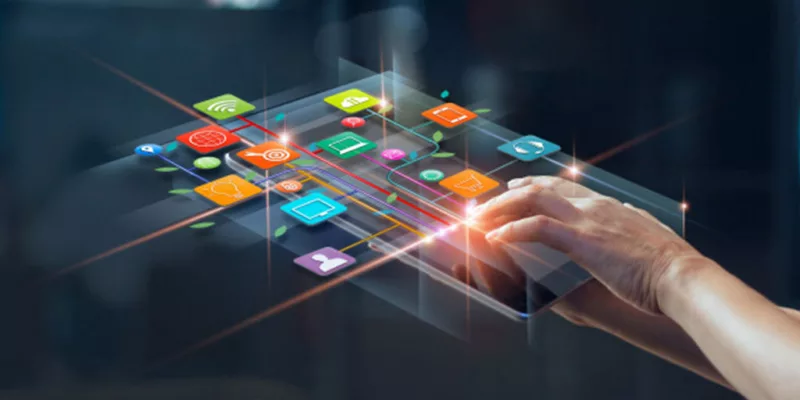
With education in the metaverse, educators have access to a wide range of digital resources and tools. They can integrate multimedia content, interactive simulations, virtual field trips, and gamified elements to create engaging learning experiences. Students who are exposed to these contents will naturally start to develop digital literacy, critical thinking, creativity, and adaptability skills. The skills gained along the way are essential for success in the current digital age.
Paving a new path for education
In conclusion, the metaverse presents a transformative opportunity for educators to revolutionize the way we deliver education. By leveraging metaverse technology, educators can create immersive and engaging learning experiences that captivate students, enhance retention, and foster a love for learning. Incorporating the metaverse into the educational syllabus allows for flexibility, scalability, and access to a wide range of digital resources, preparing students with future-ready skills essential for success in the digital age. As the metaverse continues to evolve, educators and researchers have a unique chance to lead the way, ensuring that technology serves as a tool to enhance education rather than dictating its limitations. Embracing the metaverse opens a world of possibilities, where learning becomes an exciting and dynamic journey that empowers students to explore, discover, and thrive.
If you are interested to engage Mitoworld as a learning tool for your education courses, feel free to send in an email to jun@virtualtechfrontier.com and let’s connect!
Check out a similar article below:
→ Revolutionising Education: Maximising Student Engagement with the Metaverse
Written by Gabriella
Follow our socials today to keep up with Mitoworld updates!
Website | Twitter | LinkedIn | Facebook | Instagram
